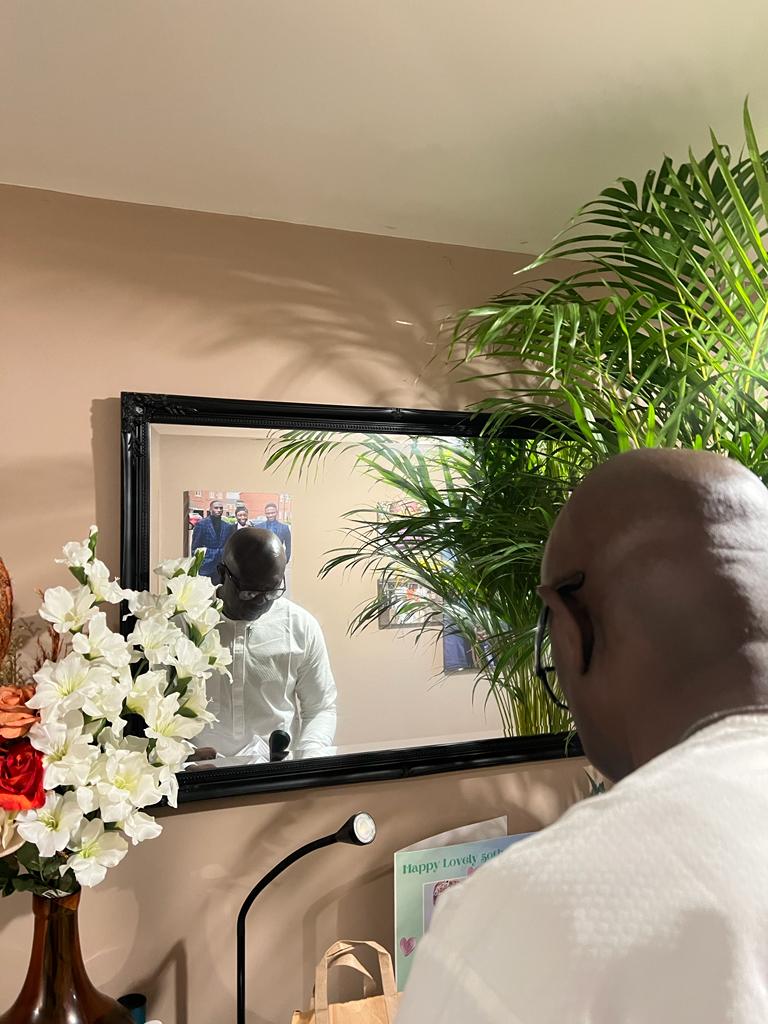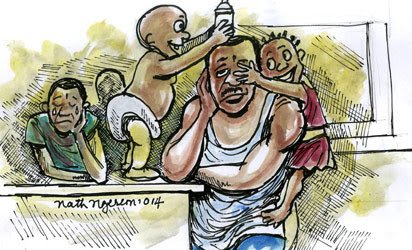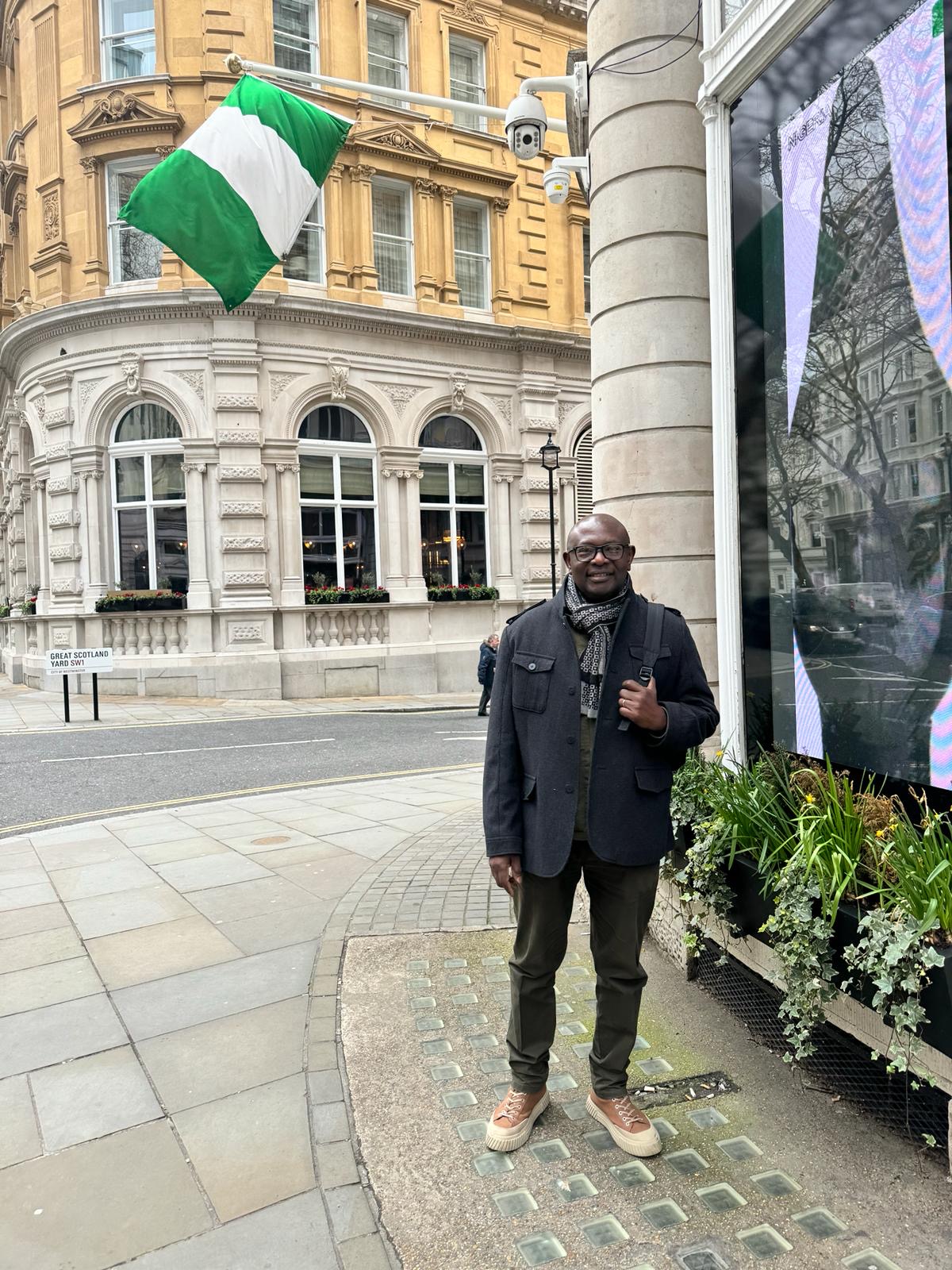By Morak Babajide-Alabi,
Some years ago I was privileged to attend an awareness workshop on Child Protection for African Parents. It was held in Leeds, United Kingdom and organised by the Nigerian-led charity organisation – Africans Unite Against Child Abuse (AFRUCA). The organisation was set up in 2001 to advocate the rights and welfare of African children in the UK, following the murder of kids such as Damilola Taylor and Jude Akapa.
It was indeed a time well spent at this workshop as the speakers in turn took us through many examples of what a child’s rights are and how they could be easily breached. The UK government is notable for being intolerable of child abuse, no matter where it is from. It is instructive that after the workshop, AFRUCA went ahead to produce a step-by-step-guide to help prevent the abuse towards children.
Many of us may query the need for such workshop or manual to educate parents on the rights of children. This is quite understandable because the African society do not subscribe to talking about the rights of children, talk less of upholding them. In Africa children are human beings, but without rights and therefore can be treated any how we desire. This is the difference between third world and the developed countries where children are raised to have voices of their own. The values they are measured by are far higher than what their counterparts in developing countries are exposed to.
I can recollect that as I sat at this workshop, my mind wondered to growing up in Nigeria. I flashed back to the many children hawking bread and pure water sachets on the streets of Lagos, Abuja and other state capitals. The reason why so many children of school age roam the streets unchallenged in countries such as Nigeria is mainly because there are no rights identifiable with them. There are signs this is not going to last forever though, as good intentioned citizens are challenging the government to stand up and protect children.
There is no doubt that AFRUCA founder, Debbie Ariyo must have been alarmed by the rising number of newly settled African immigrants losing their children to UK social services, as a result of negligence or style of parenting that conflict with what is allowed in the country. There are many stories of African immigrants parents who, out of ignorance, had fallen foul of this. A proper awareness of the rights of children definitely provides a soft landing for these parents.
For many immigrant parents there is always a struggle between the cultures and traditions in which they were raised and the society they have found themselves. This is not only in parenting, but also the social interaction aspect. Many of us are so rigid in our thoughts our minds are made up to raise our children the way we were raised, not minding the fact that the scenarios are different. We easily assimilate to other areas of the society we are, but are adamant to bending a bit and let go of some of the practices of the medieval times.
As a result of this refusal many immigrant parents have “lost” their children to the system. This is really pathetic because the dream of every African immigrant is to raise a child better than him or herself, especially with all the opportunities available in the advanced society. The clash of cultures and values most times set the children against their parents. I do not blame them because they are as confused as hell as they struggle to find a midway between their parents’ “African” values and being acceptable in a real world where their mates exist.
As an immigrant parent of three teenagers who have lived all their years in the UK, I came to the realisation of the fact that I could not apply the Nigerian parenting “course” for them. It was an unwritten rule between my wife and I to let the children live independently of their roots so they can be who they are destined to be. They are quite aware of where they are from (as in heritage) and at the same time, they are conscious of the fact that where they are now is what will determine their future.
I am a fan of the popular author, C. JoyBell C. who once wrote “I think that the best thing we can do for our children is to allow them to do things for themselves, allow them to be strong, allow them to experience life on their own terms, allow them to take the subway… let them be better people, let them believe more in themselves.”
The above quote has continually guided my parenting skills. I allow my children to run with their ideas without unduly exerting any African “might” on them. The stressful aspect of this decision is that this is the subject of judgement for some African parents that know me. The liberty and freedom I have given to my children to be who they want to be in responsible manner is seen by these “perfect” parents as lack of discipline. Meanwhile, this approach I have adopted has proved very useful in raising God-fearing, wise and intelligent children who know their bounds and also know the benefits of being open with their parents.
I usually get beside myself with rage when individuals have the temerity to advise me on what my children should wear or what hair style they should adopt. These “Africans” believe in “collective” parenting and also subscribe to the school of thought that children have no rights. I feel strongly that parenting my children is my sole responsibility and not a shared one with random people who measure others by their own standards. I would rather prefer my children to be open and free with me than pretend to be perfect and act inappropriately behind me.
Let us be honest, parenting is not and will never be an easy job. Ever wonder why no award winning author has written a best seller on this subject? Let us ask ourselves why no manual has been written on the art and science of parenting. This is because no one has the “roadmap”. No matter where you are located, parenting is like walking into an alleyway blindfolded. No one warns the other what it would be like because no two journeys through an alleyway are the same. Each experience is different.
Parenting is individual and no prior model guarantees success for the exercise. A model may be successful in an instance and be total failure on other occasions. We make the mistake that there are success spots on the global map for parenting. This is wrong. Ask any parent from a tiny village in Zambia, his or her experiences will be near same with the one in the classy city of Hollywood. The differences will be the range of challenges. While for some parents, it may be the resources to carry out their duties to their children, in some other areas it may be the lack of valuable time to spend with them.
Parenting in diaspora is not such a challenge as portrayed. If it is, we would not be having the great stories about children of Nigerian parentage doing well all over the world. There is no doubt that the modern world can indeed suck these children in, with all the attractions and temptations, but a child who has an open line of communication with parents that understands his or her rights will always “listen to the voice of reason” in his/her head, and find his/her way back home.
As published in the Sunday Vanguard of October 1 2017 – https://www.vanguardngr.com/2017/10/help-cant-find-manual-diaspora-parenting/







